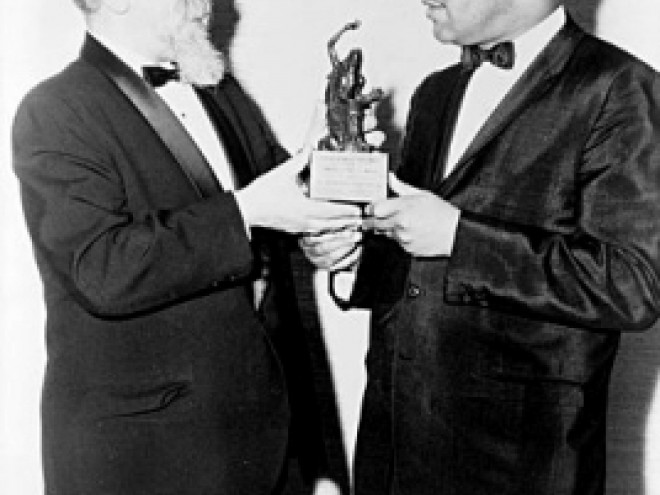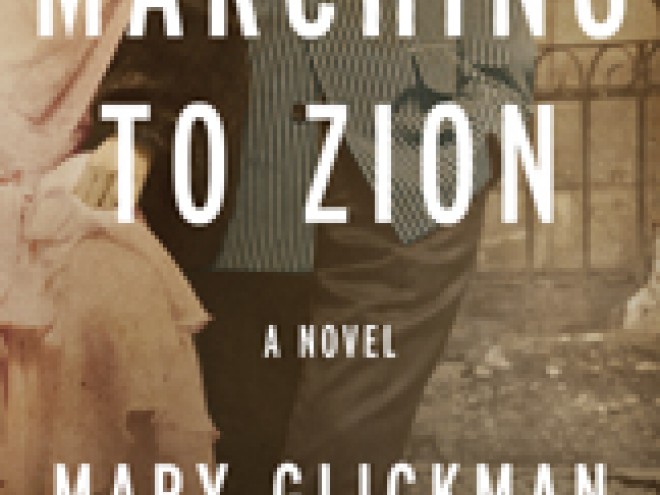Coincidence or not, the publication of Marching to Zion on the occasion of the fiftieth anniversary of The March on Washington is a powerful reminder of the discrimination and unspeakable hardships African Americans suffered. We are again introduced to Jewish families with histories equally horrifying. This is Mary Glickman’s third tale of African Americans and Jews in the South. This one takes place in the years between 1917 and the Depression. It provides yet more overwhelming evidence for the changes that needed to happen but were in reality a distant dream.
Historical events propel the story from the 1917 brutal race riots in East Saint Louis, to the famed Mississippi flood, to the growing American Zionist push to recognize Israel and the foreshadowing of events in Europe.
As Glickman has done before, the history is framed by an impossible love story. Once more it is inter-racial, with well-realized characters who are determined, thoughtful, willful, damaged, and dangerous. The moving force is Magnus Bailey, big, powerful, and dapper. Through him we enter into Fishbein’s Funeral Home. Fishbein, a reclusive but successful businessman, grieves with vivid memories of pogroms and loss. We meet and enjoy Mags Preacher, newly hired to prepare the bodies for burial, and her mentor, George. A relationship between them blossoms into something real and dear. It is traditional and acceptable. Two blacks, married, starting a family, living downstairs in the boss’s house. Juxtaposed is the upstairs story. It is here, where Magnus Bailey and Fishbein’s daughter Minerva meet, and their achingly heartfelt, color- blind love is born.
Marching to Zion is a memorable story, with a very clear message that the journey is not over. We must keep marching for the dream to be realized.





